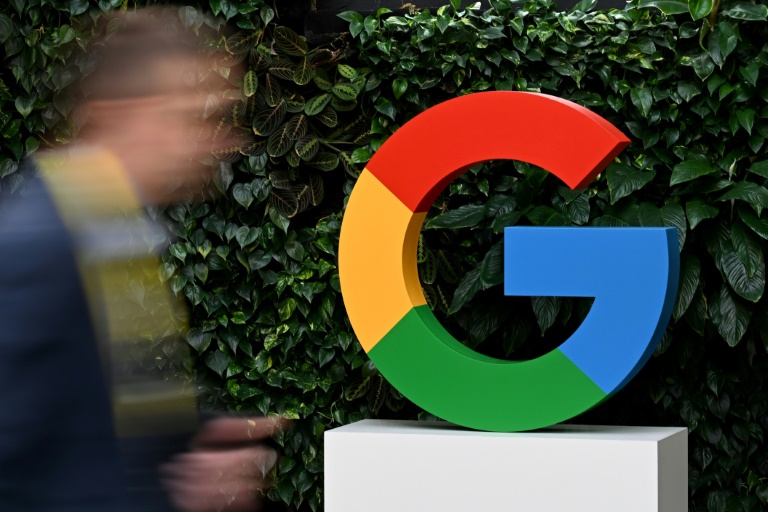Education
University of Waterloo and Google Launch $1 Million AI Education Partnership

The University of Waterloo has announced a new collaborative initiative with Google aimed at exploring the intersection of artificial intelligence (AI), education, and workforce preparedness. This partnership involves a significant investment of $1 million CAD from Google, directed primarily towards establishing a new position called the Google Chair in the Future of Work and Learning.
Focus on AI in Education
As education evolves, understanding AI’s role in shaping future learning environments and career readiness is crucial. The newly created Google Chair will be held by Professor Edith Law, a noted expert in computer science. Professor Law is recognized for her innovative work in human-AI collaboration, which aims to enhance creativity and learning outcomes.
In her new role, Law will spearhead efforts to develop AI-facilitated learning technologies. The collaboration seeks to address pressing questions that educational institutions face today, including:
- How can we prepare students for careers that do not yet exist?
- What methods can enhance the learning experience for diverse student needs?
- How do we ensure students are equipped for a rapidly changing job market?
Creating Hands-On Learning Opportunities
Integral to this initiative is the establishment of the Futures Lab, an innovative learning space where interdisciplinary teams of students will work alongside faculty from the University of Waterloo and mentors from Google. The lab will focus on developing AI-powered educational prototypes using advanced tools like Gemini and AI Studio.
These collaborative sessions will occur multiple times each year, fostering an environment where students can gain practical experience in applying AI to real-world educational challenges.
According to Mira Lane, Vice President of Society and Technology at Google, the motivation behind the partnership is to ensure that education can adapt to rapid technological changes. She stated, “In an era of rapid technological advancement, ensuring education can continue to fulfill that promise for everyone is critical.”
Professor Law added, “This collaboration brings together our expertise in AI with the University of Waterloo’s visionary educational approach. To kick things off, we will be providing a $1 million CAD contribution to explore new paradigms of learning and teaching.”
Building on Previous Collaborations
This partnership is not the first between Google and the University of Waterloo. They previously collaborated on various initiatives, including the Kids on Campus program, which introduces Grade 4 students to STEM activities at the university. Google has also supported the university’s Women in Computer Science (WiCS) program and recently helped organize a K-12 AI Day for educators in collaboration with the university’s Jimmy Lin Data and the Waterloo Data and Artificial Intelligence Institute.
The latest collaboration is a clear indication of the concerted effort by both organizations to redefine educational practices and empower future generations in an AI-driven world. As they embark on this journey, the partnership stands to benefit not only students at the University of Waterloo but also the broader educational landscape.
-

 Science3 months ago
Science3 months agoToyoake City Proposes Daily Two-Hour Smartphone Use Limit
-

 Top Stories3 months ago
Top Stories3 months agoPedestrian Fatally Injured in Esquimalt Collision on August 14
-

 Health3 months ago
Health3 months agoB.C. Review Reveals Urgent Need for Rare-Disease Drug Reforms
-

 Technology3 months ago
Technology3 months agoDark Adventure Game “Bye Sweet Carole” Set for October Release
-

 World3 months ago
World3 months agoJimmy Lai’s Defense Challenges Charges Under National Security Law
-

 Lifestyle3 months ago
Lifestyle3 months agoVictoria’s Pop-Up Shop Shines Light on B.C.’s Wolf Cull
-

 Technology3 months ago
Technology3 months agoKonami Revives Iconic Metal Gear Solid Delta Ahead of Release
-

 Technology3 months ago
Technology3 months agoApple Expands Self-Service Repair Program to Canada
-

 Technology3 months ago
Technology3 months agoSnapmaker U1 Color 3D Printer Redefines Speed and Sustainability
-

 Technology3 months ago
Technology3 months agoAION Folding Knife: Redefining EDC Design with Premium Materials
-

 Technology3 months ago
Technology3 months agoSolve Today’s Wordle Challenge: Hints and Answer for August 19
-

 Business3 months ago
Business3 months agoGordon Murray Automotive Unveils S1 LM and Le Mans GTR at Monterey









